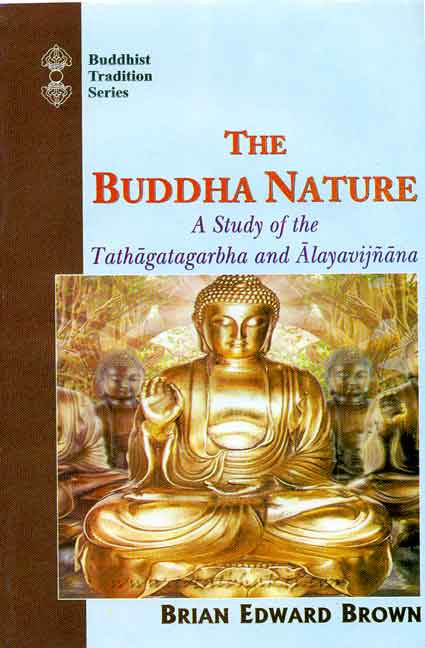The Buddha Nature: A Study of the Tathagatagarbha and Alayavijnana
The Buddha Nature: A Study of the Tathagatagarbha and Alayavijnana - Paperback is backordered and will ship as soon as it is back in stock.

The Buddha Nature: A Study of the Tathagatagarbha and Alayavijnana - Paperback is backordered and will ship as soon as it is back in stock.
One of the fundamental tenets of Mahayana Buddhism animating and grounding
the doctrine and discipline of its spiritual path, is the inherent
potentiality of all animate beings to attain the supreme and perfect
enlightenment of Buddhahood. This book examines the ontological
presuppositions and the corresponding soteriological-epistemological
principles that sustain and define such a theory. Within the field of
Buddhist studies, such a work provides a comprehensive context in which to
interpret the influence and major insights of the various Buddhist schools.
Thus, the dynamics of the Buddha Nature, though non-thematic and implicit,
is at the heart of Zen praxis, while it is a significant articulation in
Kegon, Tendai, and Shingon thought. More specifically, the book seeks to
establish a coherent metaphysics of absolute suchness (Tathata),
synthesizing the variant traditions of the Tathagata-embryo
(Tathagatagarbha) and the Storehouse Consciousness (Alayavijnana).
The books' contribution to the broader field of the History of Religions
rests in its presentation and analysis of the Buddhist Enlightenment as the
salvific-transformational moment in which Tathata 'awakens' to itself,
comes to perfect slef-realization as the Absolute suchness of reality, in
and through phenomenal human consciousness. The book is an interpretation
of the Buddhist Path as the spontaneous self-emergence of 'embryonic'
absolute knowledge as it comes to free itself from the concealments of
adventitious defilements, and possess itself in fully self-explicitated
self-consciousness as the 'Highest Truth' and unconditional nature of all
existence; it does so only in the form of omniscient wisdom.
Review(s)
About the Author(s)
-
Pages
-
Edition
-
Size
-
Condition
-
Language
-
Weight (kg)
-
Publication Year
-
Country of Origin
-
Territorial Rights
-
Reading Age
-
HSN Code
-
Publisher




